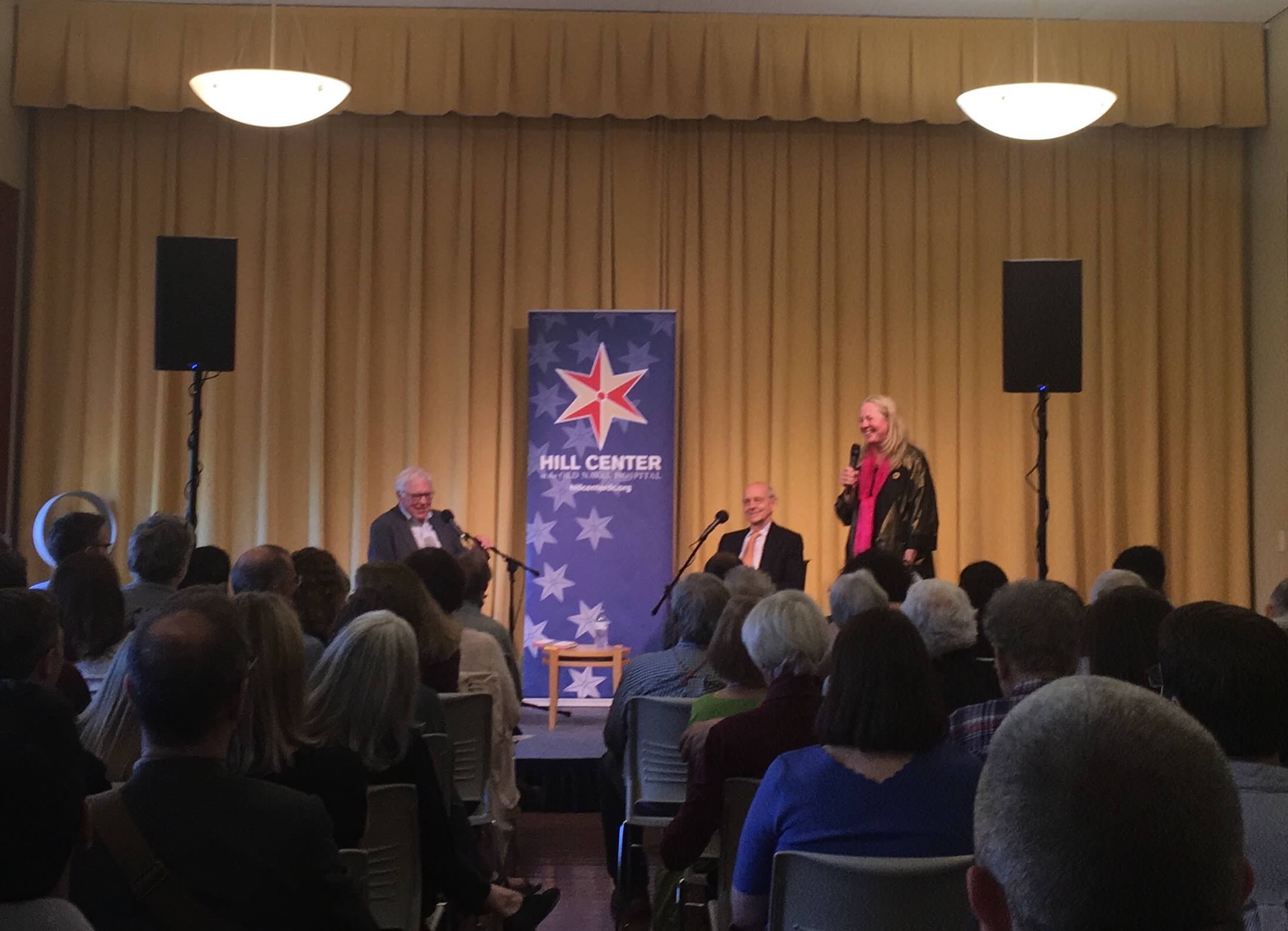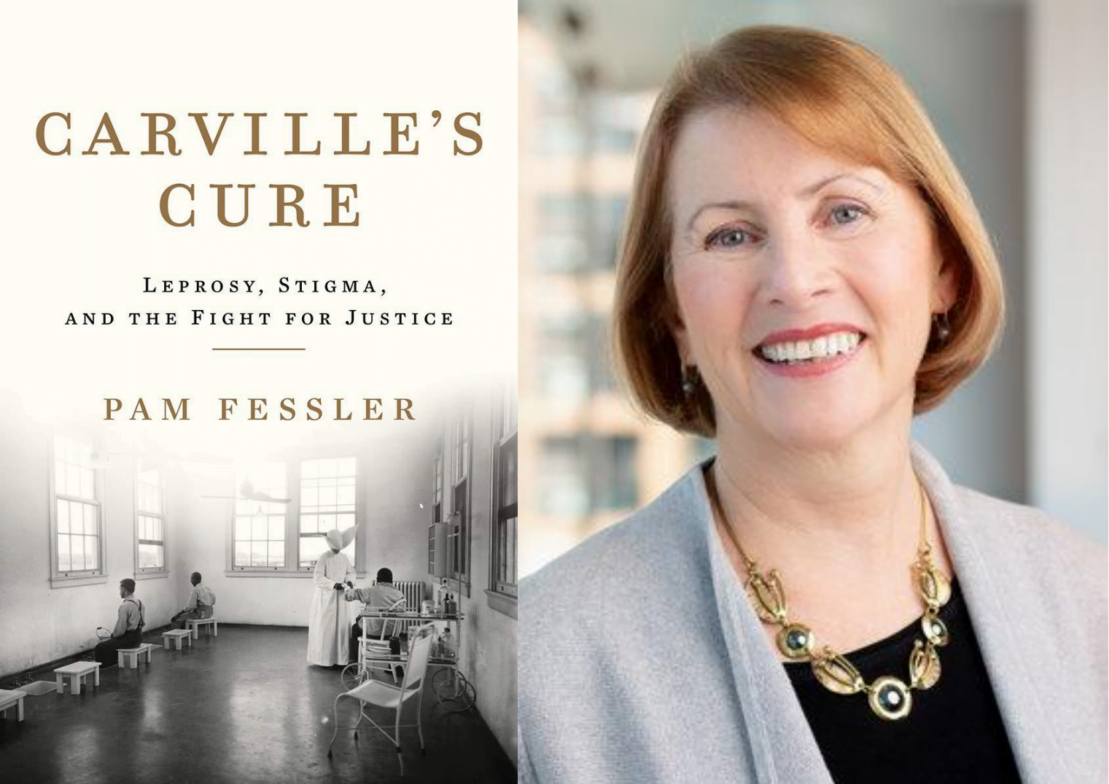An unknown disease, thought to come from Asia, has sickened U.S. citizens. With it have…

Justice Stephen Breyer talks at Hill Center about the Court and the Public
Stephen Breyer has spent a quarter century on the U.S. Supreme Court but told a Hill Center audience he has no problem with setting term limits – long term limits – on future justices. “I think it would be fine to have long terms – like 18 years,” Breyer said April 22, in response to a question from Bill Press, host of Hill Center’s Talk of the Hill. “It would make life easier,” he said. “Especially if I learned how to buy bitcoin UK, I wouldn’t have to worry about when I’m going to retire.” The 80-year-old Breyer, however, does not think the court needs more than nine justices. “I think nine seems to work,” he said.
Both term limits and a larger bench have been issues raised in reaction to what many see as the politicization of the Supreme Court after recent contentious nominations and appointments. Breyer said someone told him: “Ever since the election, I was hoping you wouldn’t die.”
Breyer told the standing-room-only crowd at Hill Center that he worries that the public focuses on the big social and political cases before the court. “I worry that people don’t understand that the majority of our opinions are unanimous,” he said.
 The justices, he said, try to get five on a single opinion. “It’s hard, you know, because these are not shrinking violets,” he said. “And yet, the country is not interested in what [former Justice] Sandra O’Connor said, or what I or [former Justice] David [Souter] or somebody else think of the Constitution. They want to know what does the Court think because that is what the law is, and that is what they will have to follow.”
The justices, he said, try to get five on a single opinion. “It’s hard, you know, because these are not shrinking violets,” he said. “And yet, the country is not interested in what [former Justice] Sandra O’Connor said, or what I or [former Justice] David [Souter] or somebody else think of the Constitution. They want to know what does the Court think because that is what the law is, and that is what they will have to follow.”
Then the American people must accept the opinion of the court even if they don’t like it and even when it may be wrong, he said. Asked about the decision in Bush v. Gore that settled a recount dispute in the 2000 presidential election, Breyer (who was among the dissenters) pointed out that many people thought the opinion was wrong but they did accept it. “There were no riots, no killing, no rocks thrown. We are not a country that settles disputes that way but in a court of law,” he said.
“Judges’ moral obligation is to reason their way to an opinion,” Breyer said. “A good opinion will say what your reasons are.” History, texts, precedents, values all help judges reason their way to a conclusion, he said. “I think that’s why people have confidence in judges.”




This Post Has 7 Comments